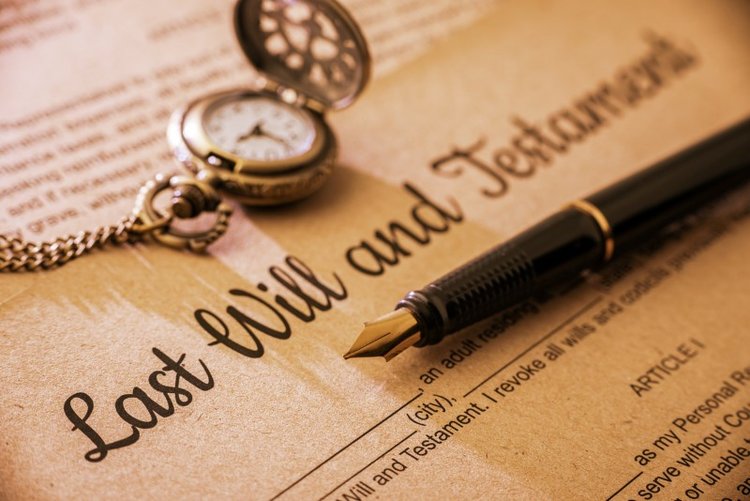A Will is a personal document specifying what you want to happen to your estate when you die.
Often a couple (whether married or de facto spouses) will make “mirror Wills” which provide that their estates are left to each other and then in the same manner to the rest of their family. However, some people incorrectly believe that their partner is then ‘locked in’ to that arrangement. Any person who has the capacity to make a new Will can do so at any time. This is even if they have previously made mirror Wills with a former partner and have received that partner’s estate on their death.
A common situation we see is where married or de facto partners have executed Wills which leave their estates to one another and then the estate of the last person to die to be divided between the children of both of them (which may be from prior relationships). After one partner has died and the estate has passed to the survivor, it is not unusual to then find that the surviving partner forms a new relationship and then updates their Will to reduce or remove the gift to the deceased partner’s children.
If the surviving partner remarries, that new marriage has the effect of invalidating a pre-existing Will in any event (unless it is clearly made in contemplation of that marriage). In addition, any new partner may well have a claim against the widow or widower’s assets under the family provision legislation, which would override the pre-existing Will.
RELATED: Do you have a valid Will?
Some people take the approach that they trust their spouse will do the right thing or feel too awkward to press for something more binding, but it is important that you understand clearly the effect and limitation of any Will executed by you.
Some other pathways include:
-
Entering into a Deed of Mutual Wills which annexes the mirror Wills and in which the parties specifically agree not to change their Wills without notifying the other person and not to change their Wills after the first of them has died without the consent of the ultimate beneficiaries of the family’s assets. Whilst this is a much safer option to ensure the agreement between the parties is honoured, there are some potential pitfalls with this pathway too. For instance, the assets may be dissipated or given away during the surviving spouse’s lifetime or the Estate of the surviving spouse may be distributed before the disenfranchised beneficiaries have a chance to intervene leaving them having to take litigation to pursue their rightful entitlements.
-
For the mirror Wills to provide that, when the first spouse dies, the surviving spouse receives only a life interest in the first spouse’s share of the joint assets and specify that the balance of the estate is to go the rest of the family upon the death of the surviving spouse. This is only likely to work effectively if the main asset of a couple, the family home, is held as tenants in common (i.e. can be left under a will) and not joint tenants (where it passes automatically to the survivor). Also, some people feel that this arrangement is unduly restrictive on the surviving spouse during the remainder of their life.
-
To set up a discretionary trust during the couple’s lifetime containing the majority of the family assets which may be used by the couple during their lifetime and then passes onto the family upon the death of the last surviving partner. The terms of such a trust would need to be very carefully drafted to ensure that it carries out your intended purpose, provides for who controls the trust and states who takes over once both partners have died.
Finally, there is the option of giving it all away during your lifetime!
These arrangements are often complex, especially where there are blended families involved, and it is important to work with your estate planning advisors to achieve the best possible outcome.
Contact us on 9976 5222 to discuss your Will.

